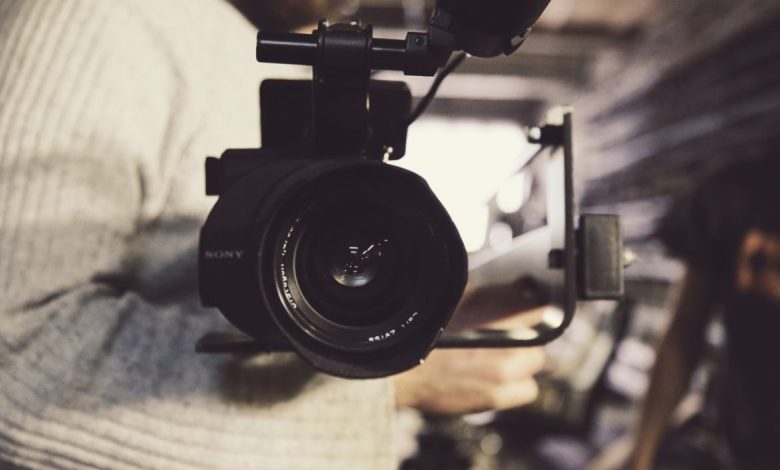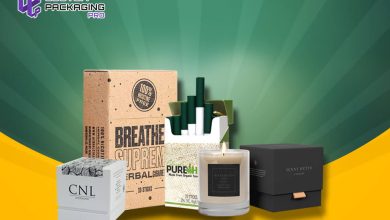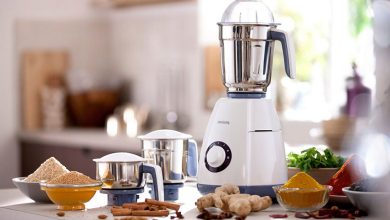Choosing the Perfect Lens for Newborn Photography

Selecting the right lens for newborn photography is crucial to capturing those precious early moments with clarity, warmth, and detail. According to Maternity and Newborn Photography, the right lens can make a significant difference in the quality of your photos, affecting everything from composition and depth of field to the amount of light you can work with. Here’s a comprehensive guide to help you choose the best lens for newborn photography.
Factors to Consider
- Focal Length
- Prime Lenses: Fixed focal length lenses, like 35mm, 50mm, and 85mm, are popular choices for newborn photography. They often offer superior sharpness and wider apertures compared to zoom lenses.
- Zoom Lenses: These provide flexibility with variable focal lengths, such as 24-70mm or 70-200mm. While convenient, they may not offer the same image quality and wide apertures as prime lenses.
- Aperture
- Wide Aperture: Lenses with wide apertures (f/1.2 to f/2.8) allow more light into the camera, which is beneficial in indoor settings with limited natural light. They also provide a shallow depth of field, helping to create beautiful background blur (bokeh) that isolates the subject.
- Image Stabilization
- Stabilization Features: Lenses with image stabilization can be advantageous, especially in lower light conditions. They help reduce camera shake, ensuring sharper images without the need for a tripod.
- Autofocus Speed and Accuracy
- Fast Autofocus: Although newborns are not typically fast-moving subjects, a lens with accurate and reliable autofocus can help ensure you capture fleeting expressions and movements.
Recommended Lenses
- 50mm f/1.8 or f/1.4
- Versatility: Often referred to as the “nifty fifty,” the 50mm lens is versatile and great for both close-up shots and wider compositions.
- Wide Aperture: The wide aperture allows for beautiful bokeh and excellent performance in low light.
- Affordability: The 50mm lens is generally affordable and provides excellent image quality for its price.
- 35mm f/1.4 or f/1.8
- Wider Field of View: The 35mm lens offers a wider field of view, making it ideal for capturing the baby within a context, such as the nursery or in the arms of parents.
- Natural Perspective: This focal length provides a more natural perspective, similar to what the human eye sees.
- 85mm f/1.4 or f/1.8
- Portrait Excellence: The 85mm lens is renowned for its portrait capabilities, offering a flattering compression that enhances facial features.
- Stunning Bokeh: The wide aperture creates a creamy, dreamy background blur that makes the subject pop.
- 24-70mm f/2.8
- Zoom Flexibility: This zoom lens covers a range of focal lengths, providing versatility for different types of shots, from close-ups to wider scenes.
- Consistent Aperture: The constant f/2.8 aperture throughout the zoom range allows for consistent performance in various lighting conditions.
Practical Tips for Lens Selection
- Test Before You Invest: If possible, rent or borrow lenses before making a purchase. This allows you to get a feel for the lens and see how it performs in your typical shooting conditions.
- Consider Weight and Size: Heavier lenses can be cumbersome during longer sessions. Ensure you’re comfortable handling the lens for extended periods.
- Pairing with Your Camera Body: Make sure the lens is compatible with your camera body. Full-frame lenses perform differently on crop sensor cameras, affecting the effective focal length.
Conclusion
Choosing the right lens for newborn photography involves balancing various factors, including focal length, aperture, image stabilization, and autofocus capabilities. Whether you opt for the versatility of a zoom lens or the sharpness and depth of field provided by a prime lens, the key is to select a lens that complements your shooting style and the environment you’ll be working in. With the right lens, you can capture stunning, heartwarming images that families will cherish forever.




